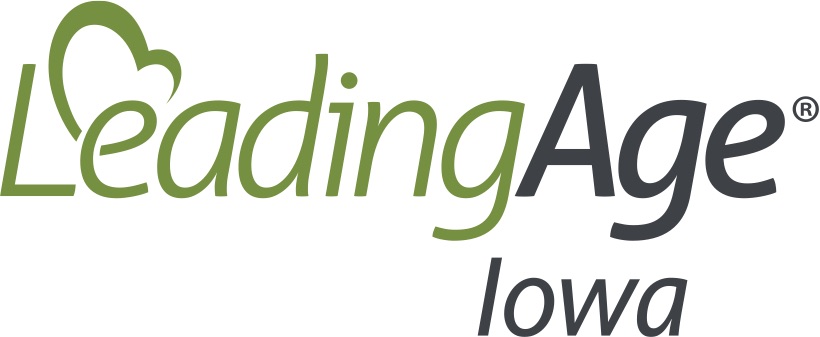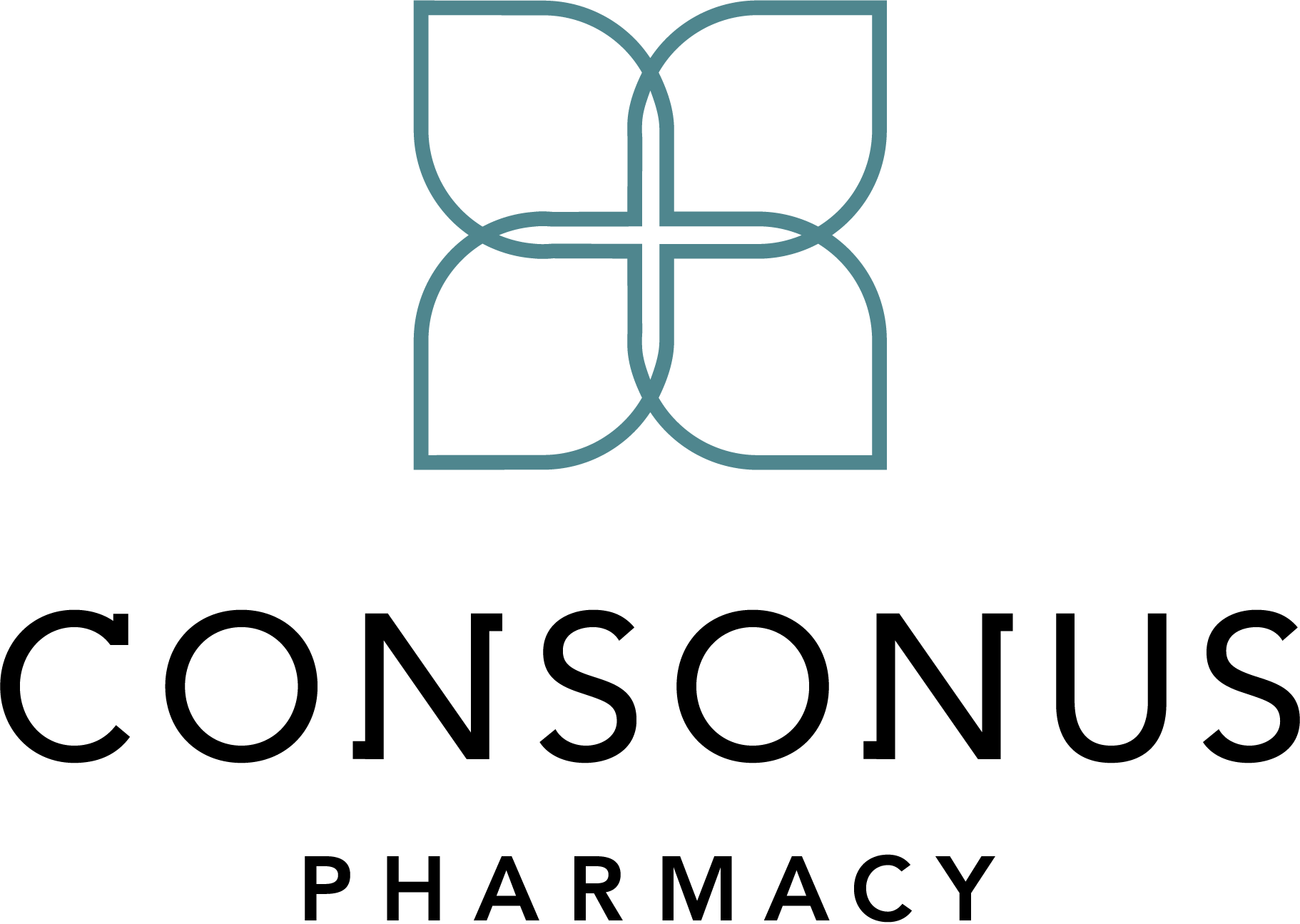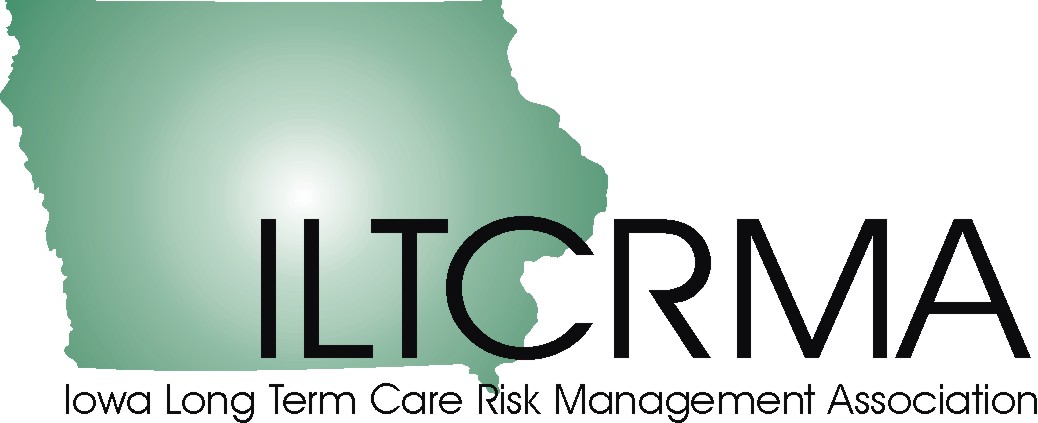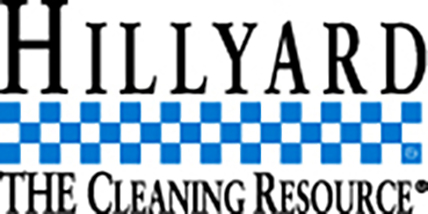- Home
- About
- Member Engagement
- Resources
- Consumers
- Advocacy
- Education
- Workforce
|
CMS Releases Revised QSO on Testing This afternoon (March 10), CMS released revised testing guidance in QSO-20-38-NH-Revised. LeadingAge Iowa will be revising process maps and resources in the near future for members. Until then, the revisions to the QSO are summarized below. The QSO added the definition for “up-to-date” meaning a person has received all recommended COVID-19 vaccines, including any booster dose(s) when eligible. Triggered Testing: All symptomatic residents and staff must be tested, regardless of their vaccination status. In a COVID-19 outbreak (defined as a newly identified COVID-19 positive resident or staff), if a provider can identify close contacts of the COVID-19 positive individual, testing should occur immediately, regardless of vaccination status, for a staff member that had a higher-risk exposure or a resident that had close contact with the individual. In a COVID-19 outbreak (defined as a newly identified COVID-19 positive resident or staff), if a provider is unable to identify close contacts, all staff and residents, regardless of their vaccination status, must be tested. Testing can be conducted at a wide or a group level if staff are assigned to a specific location where the new case occurred. Routine Testing of Staff: Routine testing of staff, who are not up-to-date, should be based on the extent of the virus in the community. Staff, who are up-to-date, do not have to be routinely tested.
The QSO-20-38-NH-Revised continues to utilize the CDC’s COVID-19 Data Tracker website for determination of testing frequencies. (This remains a different website than the CDC’s Community Levels.) Refusal of Testing: If outbreak testing has been triggered and a staff member, who is not up-to-date, and refuses testing, the staff member should be restricted from the building until the procedures for outbreak testing have been completed. The nursing home should follow its occupational health and local jurisdiction policies with respect to any asymptomatic staff, who is not up-to-date, and refuses routine testing. Other Testing Considerations: In general, testing is not necessary for asymptomatic people who have recovered from SARS-CoV-2 infection in the prior 90 days; however, if testing is performed on these people, an antigen test instead of a nucleic acid amplification test (NAAT) is recommended. This is because some people may remain NAAT positive but not be infectious during this period. Documentation of Testing: For routine testing, document the level of community transmission, the corresponding testing frequency indicated, and the date each level of community transmission was collected. Also, document the date(s) that testing was performed for staff, who are not up-to-date, and the results of each test. |















